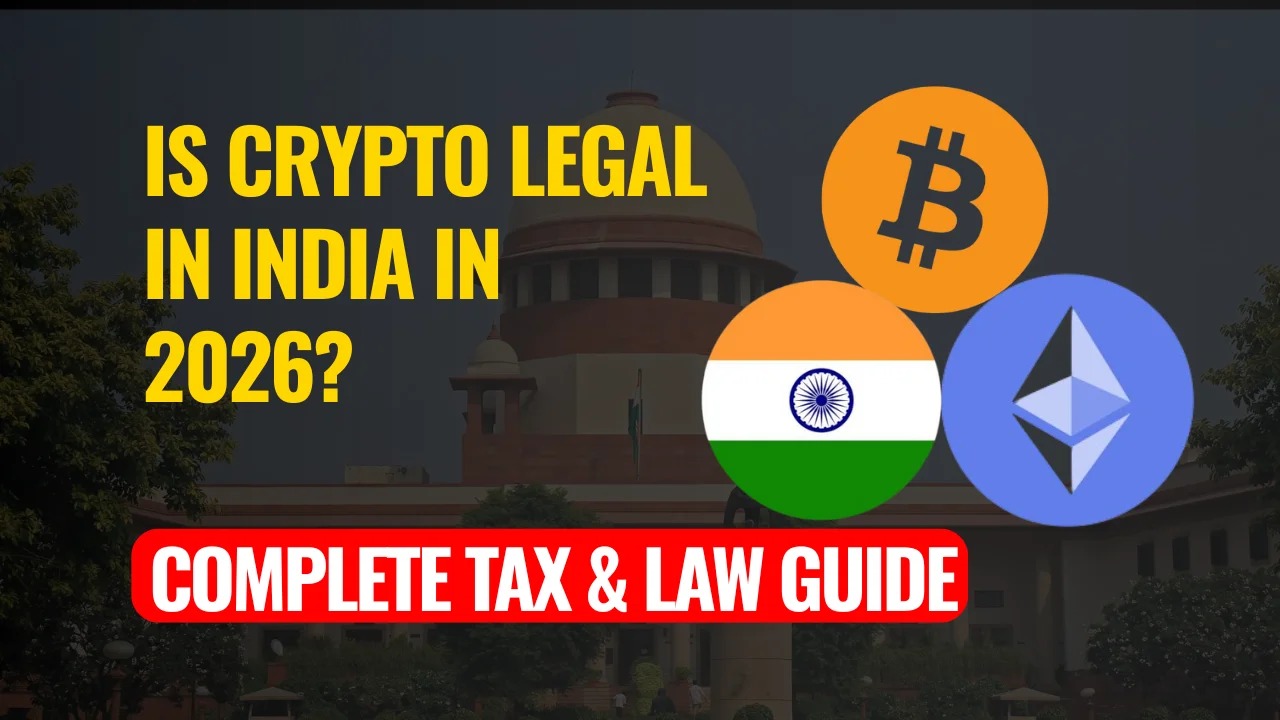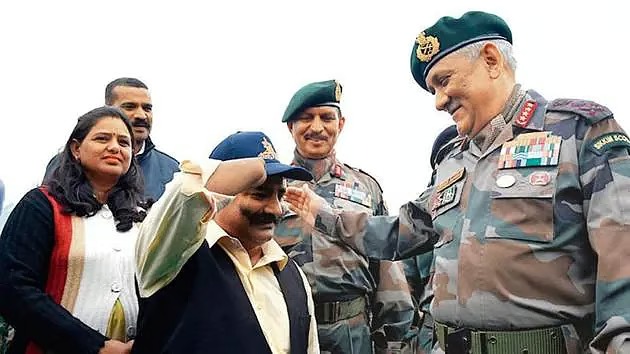Dr. B. Siva Sankara Rao, J.@mdashThe insurance company, respondent No. 2 in the claim application, filed this appeal having been aggrieved by the order/award of the learned Chairman of the Motor Accidents Claims Tribunal-cum-Second Additional District Judge (Fast Track Court), Srikakulam (for short, ''the Tribunal'') in M.V.O.P. No. 455 of 2006 dated 20.1.2011, awarding compensation of Rs. 77,559 (rupees seventy-seven thousand five hundred and fifty-nine) with interest at 9 per cent per annum as against the claim of the claimant of Rs. 2,00,000 (rupees two lakh), in the claim petition under section 166 of Motor Vehicles Act, 1988 (for short, ''the Act''). Heard Mr. Naresh Byrapaneni, the learned standing counsel for the appellant insurance company, and Mr. A. Rama Rao, learned counsel for the respondent No. 1, and the respondent No. 2 served but none appeared and thus taken as heard to decide on merits.
2. Perused the material on record.
3. The parties hereinafter are referred to as arrayed before the Tribunal for the sake of convenience in the appeal.
4. The contentions in the grounds of appeal as well as oral submissions by the appellant insurance company in nutshell are that the judgment and decree of the Tribunal is contrary to law, weight of evidence and probabilities of the case and that the Tribunal ought to have dismissed the claim petition. He further contended that the Tribunal gravely erred in observing that the claim petitioner, respondent No. 1, is the owner-cum-driver of the auto bearing No. AP 35-T 6008 and the finding that the claim petitioner is a third party is not correct, she being the owner of the vehicle and admitted by her in her cross-examination by the insurer and having accepted the same; the Tribunal went wrong in saying the policy covers the risk of employees, two in number, by stretching it to apply to owner of the goods and even to the owner of the auto though she must not be a third party to the claim, thereby the Tribunal ought to have dismissed the claim petition instead of allowing the same. He also contended that the insurer cannot be fastened with any liability, hence to set aside the award of the Tribunal fixing the liability on the insurer.
5. Now the points that arise for consideration in the appeal are:
(1) Whether the claim petition is maintainable, and the Tribunal has got jurisdiction, if so, fastening of liability on the insurer otherwise is tenable?
(2) To what result?
Point No. 1:
6. The facts are that on 5.4.2004 the claimant loaded coriander leaves in the auto bearing No. AP 35-T 6008, and proceeded towards market at Srikakulam to sell the same, and when the auto reached near Navabharath junction, the respondent No. 1, who was driver of said auto, drove it in high speed and lost control over the auto and dashed against the rickshaw, as a result the auto turned turtle and the claimant sustained fracture to her left leg are proved from the material on record and no way requires interference in the appeal. The Claims Tribunal awarded an amount of Rs. 77,559 towards compensation with interest at 9 per cent per annum to the claimant under various heads.
7. In the course of hearing, the counsel for the insured reiterated the contentions. The driver of the vehicle did not choose to put forth his appearance much less by saying any ownership is transferred to him prior to the date of accident, even to say that the claimant is original owner and by virtue of the transfer, she became a third party to the claim, which no way come in the way of lack of intimation to the insurer.
8. It is the contention of the claimant that when the Claims Tribunal awarded compensation having exercised its jurisdiction, for this court while sitting in the appeal there is nothing to interfere. Hence, the appeal may be dismissed.
9. The claim petition is filed by the claimant as a third party and it is suffice to say that as on the date of filing, the claim petition is maintainable but from the appreciation of evidence on record the claimant is owner and the claim won''t lie. No doubt from the evidence of claimant as PW 1, in her cross-examination dated 29.6.2009 she deposed that "it is true the crime vehicle, auto, belonged to me. It is true that at the relevant time of accident, I was proceeding in the auto as owner-cum-passenger. I, as the owner of the crime vehicle, paid insurance. I have paid an additional premium to cover the risk of owner-cum-passenger". Besides other suggestions, there is a suggestion which she denied that the Tribunal has no jurisdiction to entertain and her remedy if at all be to approach civil court for compensation. Apart from the cross-examination, evidence of the claimant itself is sufficient to say that claimant is not a third party under section 147(1)(b) of the Motor Vehicles Act to maintain the claim; the RW 1 on behalf of the insurer deposed that the crime vehicle is a goods carrying auto and the claimant being the owner, to travel even as owner of the goods in the auto when not third party, the risk is not covered. In the cross-examination of RW 1 by claimant, it is brought on record that under policy, Exh. B1, premium was paid to cover the owner, if he or she drives the vehicle at the time of accident and additional premium is also collected to cover two employees engaged in the vehicle. Even then, the owner of the auto insured can either be employee or even owner of goods to claim as third party. RW 1 denied the suggestion that being the owner of the vehicle, the claimant travels with the goods in the auto and policy covers the risk. It is therefrom the Tribunal in answering issue No. 2 on page 3, para 9, observed that even in the absence of payment of any premium, owner of the goods being carried in the goods vehicle is entitled to travel in the vehicle, as the premium paid covered two employees to engage in the vehicle besides the owner of the goods. When the petitioner is proceeding in the auto, the contention of the insurer that the insurer is not liable to pay compensation to the claimant is not tenable.
10. From the material on record, said finding of the Tribunal is untenable from the fact that the claimant is not a third party but owner of the auto. She is not admittedly the driver, much less with licence to sit on the driver''s seat at the time of accident, even to say the premium paid to cover the personal accident of owner-cum-driver applies to her. Even otherwise, when she is not a third party, but owner of the vehicle, the claim before the Tribunal is not maintainable but for the remedy as suggested to her by the insurer, subject to the policy risk coverage should approach the consumer forum or civil court and the law is also well settled by the expressions of the Supreme Court for such remedy, the petitioner has to approach consumer forum as an alternative remedy available. When such is the case, even though at the time of filing the claim petition referred as if a third party and her claim was taken on file as the same was maintainable, from the evidence as not maintainable, the Tribunal should have returned the same for want of jurisdiction under Order 7, rule 10 and 10-A, Civil Procedure Code, by fixing any time to take return and submit in the civil court or consumer forum; instead of allowing the claim petition ignoring the factum of said admission in her evidence lacks jurisdiction to proceed further by the Tribunal. Once that is the case, whether the risk covered by the policy for the owner need not be gone into and any observation is without jurisdiction; so also to consider any personal accident insurance coverage to claim thereunder vide decision of
11. No doubt from perusal of the facts, the claimant''s claim was bona fide. Having regard to the same, it is a fit case to remand to the Tribunal by setting aside the award of the Tribunal, by directing the Tribunal to consider for return of the claim petition under Order 7, rule 10 and 10-A of Civil Procedure Code by fixing time to take return and to present either in consumer forum or civil court as per the choice of claimant. If necessary, of entertaining the application under section 66 of the Andhra Pradesh Court-Fees Act read with rule 475 of Andhra Pradesh Motor Vehicles Rules, 1989 to issue certificate by passing court-fees refund order to claim refund of the court-fees paid by the claimant so as to enable her to pay the same in the consumer forum or civil court and invoke protection of section 14 of the Limitation Act for the time taken, although from date of claim petition till return, fixing time and representation. Accordingly, the point No. 1 is answered.
12. It is needless to say that pending appeal, the insurer deposited half of the amount awarded by the Tribunal, out of which the claimant was permitted to withdraw a sum of Rs. 25,000, which the claimant received and there is nothing for this court at this stage to order for refund once ceased jurisdiction. So far as the amount received by the claimant, the insurer shall work out their remedy elsewhere or in the event of the claimant approaching the consumer forum or civil court to claim for refund, if not liable or in case liable to claim deduction for the same. However, so far as the balance amount to the credit of M.V.O.P. No. 455 of 2006, the insurer is entitled to take back.
13. In fact for maintainability of the claim, the claimant must be a third party, so also the deceased in the event of claim by legal representatives of the deceased. It was held by the Apex Court in
Point No. 2:
Accordingly and in the result, the appeal is disposed of by setting aside the award of the Tribunal and by directing the Tribunal to consider for return of the claim petition under Order 7, rule 10 and 10-A of Civil Procedure Code by fixing time to take return of the claim petition and to present either in consumer forum or in civil court with any prescribed format duly filled, enclosing to it with claim of protection under section 14 of the Limitation Act. The Tribunal also, if any application filed by the claimant, can pass order and issue certificate to the claim for refund of the court-fees paid under section 66 of the Andhra Pradesh Court-Fees Act, 1956 read with rule 475 of the Andhra Pradesh Motor Vehicles Rules, 1989.
Miscellaneous petitions, if any pending in this appeal, shall stand closed.

